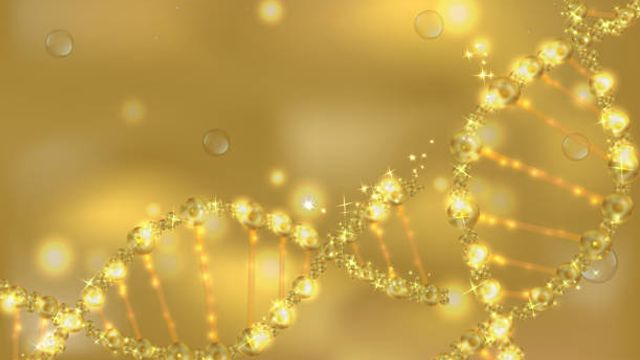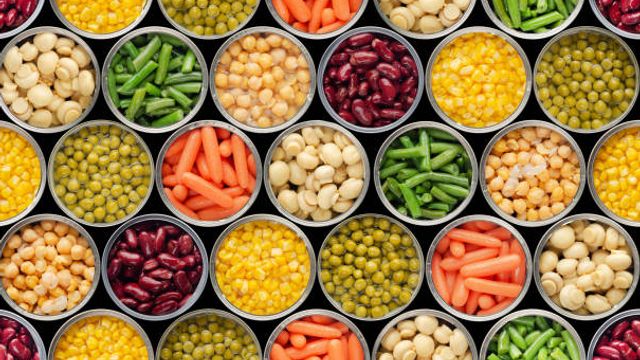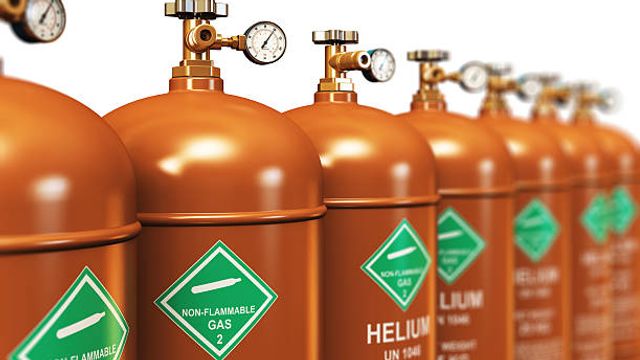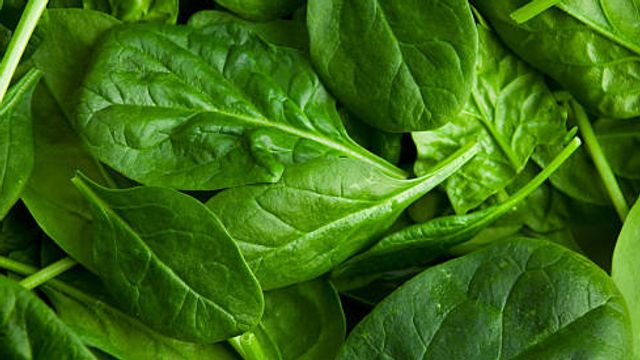Latest App Notes & Case Studies

App Note / Case Study
Discover the Future of PFAS Analysis With High-Resolution Mass Spectrometry
PFAS, a group of highly stable small molecules full of toxicity that appear in every corner of the globe, demands a comprehensive approach to protect the integrity of our environment. Traditional methods fall short due to the lack of available certified reference standards.

App Note / Case Study
Leveraging Microalgae Metabolism To Produce Natural Food Dyes
This application note outlines how microalgal metabolism can be harnessed to produce novel food dyes with an automated screening approach.

App Note / Case Study
One Scientist Thinking Ahead for the Environment
Per-and polyfluoroalkyl substances (PFAS) are pervasive in our environment, however, they’re also associated with negative health effects.

App Note / Case Study
Enhanced PFAS Detection for Safer Drinking Water
Per-and polyfluoroalkyl substances (PFAS) are pervasive in our environment. Although they are found in a wide variety of household objects, they are associated with negative health effects. They can also be found in our drinking water.

App Note / Case Study
Improving qPCR Reliability With Automated RNA Normalization and Plate Setup
Quantitative real time PCR, often coupled with reverse transcription (RT-qPCR), is a powerful technique for detecting differences in the copy number of nucleic acids and can be used for analysis of gene expression.

App Note / Case Study
Analysis of Semivolatile Organic Compounds With US EPA 8270E
The analysis of semivolatile organic compounds (SVOCs) can be challenging as there are a wide variety of target analytes that span a broad range of molecular weights and boiling points.

App Note / Case Study
Volatile Organic Compounds Analysis in Drinking Water
One method of analysis commonly used to ensure drinking water quality is the measurement of volatile organic compounds (VOCs). These compounds can appear in drinking water by contamination from numerous sources, including industrial and commercial operations.

App Note / Case Study
Adding More Confidence to Sensitive Quantitation in Complex Foods by GC/TQ
Concern about trace-level food contaminants is driving the demand for robust, rapid and reliable methods for identification and quantitation of chemical residues and contaminants in food matrices.

App Note / Case Study
Analysis of Semivolatile Organic Compounds Using Hydrogen Carrier Gas
Gas chromatography-mass spectrometry (GC-MS) is regarded as the select analytical technique for the analysis of semivolatile organic compounds (SVOCs) in environmental matrices.

App Note / Case Study
Fast and Robust Analysis of 203 Pesticides in Spinach
There is a growing demand for more rapid methods with maintained robustness and chromatographic performance for the identification and quantitation of chemical residues in food analysis.
Advertisement

